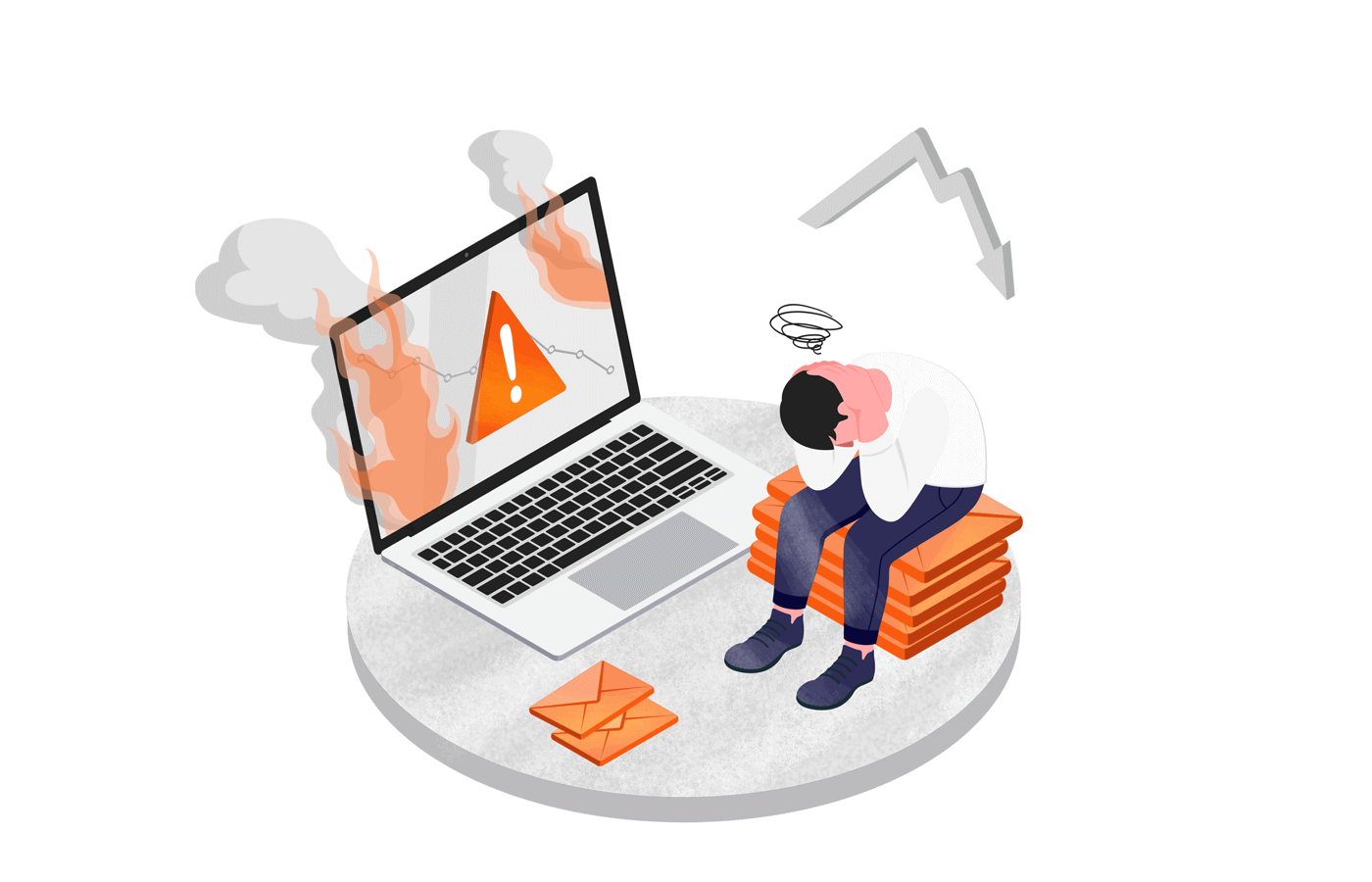AYSO Region 13 is a volunteer-run recreational soccer league serving the communities of Altadena, Pasadena, and La Cañada in Los Angeles. While its core mission is to develop and deliver quality youth soccer programs in a fun, family-oriented environment, AYSO’s impact goes far beyond the pitch.
In January 2025, devastating wildfires swept through Los Angeles, destroying much of Altadena. Amid the chaos, AYSO used its EmailOctopus newsletter to send urgent updates as families evacuated their homes. In the weeks that followed, email campaigns became a vital tool to reconnect the community and coordinate relief efforts.
Today, the newsletter continues to serve as a lifeline, keeping families informed, engaged, and united on and off the field.
Choosing EmailOctopus and Setting Clear Objectives
AYSO moved to EmailOctopus because it was easier to compose plain HTML for a clean, direct look. After trying several bulk mailing services, they found EmailOctopus required the least time to compose and edit newsletters. Setting up a simple template was fast, and members were more likely to open and read content that didn’t look like it came from a marketing department.
Many families used low-end smartphones, so fancy graphics often made emails harder to read. Simple text with minimal formatting proved most effective.
Content and Goals of the Newsletter
AYSO focused on spending time writing and editing rather than configuring tools. During the soccer season in the fall, the weekly newsletter shared what to expect, with messages tailored for children, parents coaching or refereeing, and families watching from the sidelines. Since everyone saw each group’s instructions, it nurtured a sense of shared responsibility.
Reducing Injuries and Anxiety Through Communication
Before launching the newsletter, injuries were common among the 2,000 kids playing soccer. The newsletter helped set expectations week by week—explaining when kids might feel overconfident or when playoff pressure would build. In the first year of weekly newsletters, injuries were cut in half, and parents on the sidelines were noticeably calmer.
Knowing what to expect—and that everyone else knew too—reduced anxiety during games.
Features That Saved Time and Improved Consistency
Most subscribers joined via bulk upload, which was much smoother than with other services. Some parents signed up individually and received automated welcome emails inviting them to share their expectations. Every week, new members replied with thoughtful messages.
Editorial Process and Tone
AYSO studied successful newsletters, including CB Insights, to define their tone. They maintained a shared Google document listing topics to cover each week. On Mondays, leadership shared topic ideas on Slack, referencing what had been covered the previous year. About two-thirds of the content is recycled annually to reinforce core principles.
Each newsletter ties stories to AYSO’s six philosophies: balanced teams, everyone plays, open registration, good sportsmanship, positive coaching, and development over winning.
Craft, Consistency, and a Human Touch
Newsletters began with urgent instructions under “what you need to know.” To keep things fun, they included quizzes, Netflix recommendations, and photos. Volunteer-of-the-month profiles highlighted adult role models. The style guide emphasized plain Helvetica, minimal design, and three-sentence paragraphs.
Subject Lines and Open Rates
AYSO consistently started subject lines with “AYSO,” helping open rates climb from 45% to 68%. Including children’s names in the first sentence proved highly effective—emails personalized this way were about four times more likely to drive participation.
They avoided fake urgency, believing trust was more valuable than short-term clicks.
Driving Engagement and Community Impact
Volunteer recruitment dramatically improved. Some age divisions had more parents wanting to coach than needed. Retention rose to 75%, up from 50% before the newsletter.
Fundraising also benefited, with one-third of families donating to the scholarship fund after reading stories about diversity and need.
Feedback and the Power of Positive Language
AYSO emphasized “positive coaching,” avoiding negative phrasing. Over time, parents recognized the intentional positivity and appreciated the example it set. Former participants’ families still expressed gratitude for the newsletter years later.
Calls to Action and Pre-Suasion
The team used newsletters to inform and prepare families weeks before asking them to commit to events or sign-ups. This approach helped parents feel ready to volunteer or participate.
Looking Ahead
AYSO plans to share short insights from books like Win The Inside Game, Soccer IQ, and How We Learn To Move. When promoting sponsor messages, they replace canned marketing with brief, authentic summaries that reflect their community values.
Advice for Other Youth Sports Organizations
If advising another group, AYSO recommends three core practices:
- Make 95% of content timely and relevant to build trust.
- Use language that reinforces core values.
- Show competence by predicting what’s ahead and celebrating milestones.




